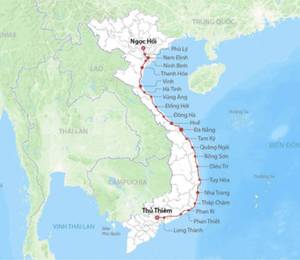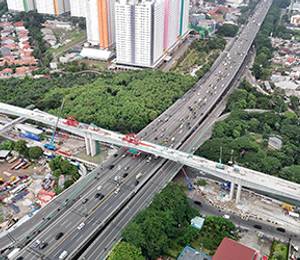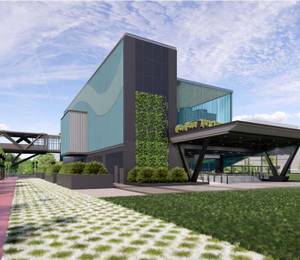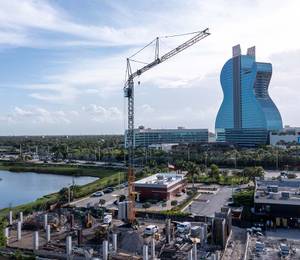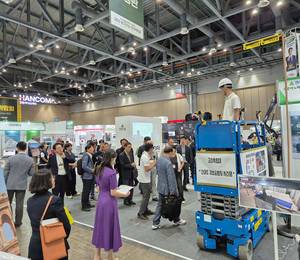Lanzhou New District in China is reportedly a city that is being built from scratch. It will be 49 km long and 23 km wide when fully constructed a decade from now.
“It is a long and large project – the biggest national new district in China,” said Ma Shengjun of Gansu Road & Bridge Maintenance Corp.
The development of the new district, the fifth in China, is essential to the country’s future. “It is the important connection point between the Silk Road Economic Belt and the Eurasian continental bridge,” said Mr Shengjun. The Silk Road Economic Belt is one component of the larger Belt and Road Initiative, an enormous nationwide infrastructure development project.
An Ammann ABA 320 UniBatch asphalt plant has been commissioned to produce asphalt for all elements of the district’s infrastructure. The plant is expected to operate almost continuously over the next decade to supply the needed asphalt mix. It has a production capacity of 320 t per hour.
“The project is to build a bridgehead for the development of the western region, and to build a modern, small-scale city on the Silk Road,” explained Mr Shengjun. “This makes the district an important economic growth point in northwest China – a key industrial base for the country. It is also an important strategic platform opening to the west.”
The Lanzhou area has been described as mostly undeveloped and the few asphalt plants there or nearby are low-cost, domestic alternatives that offer limited technology and production. The highly advanced ABA UniBatch is believed to be a significant improvement from these plants. “This is hard to imagine in northwest China,” said Mr Shengjun. The purchase of the plant “shocked the market.”
The ABA UniBatch’s green features were said to the key factor in the purchase, as the Chinese government has dictated that emissions be minimised and other sustainable efforts taken – including covering the entire plant to lessen dust, reduce sound and provide aesthetic appeal.
“Gansu Road & Bridge chose the Ammann plant, which is famous for its environmental protection, high efficiency and stability,” revealed Mr Shengjun.
The ABA UniBatch plants utilise a high efficient drying and heating process that conserves energy and ultimately reduces costs. The burner control regulates the drying process to ensure reduced fuel consumption and low emissions. The proprietary as1 Control System also adds efficiency – and makes plant operation intuitive too.
Plant management can choose the most cost-effective fuel options such as natural gas, light fuel oil, heavy fuel oil and LPG. Fume and noise mitigation systems are available, as is full cladding – an option chosen by Gansu.
“The plant has become the highest standard in northwest China,” delighted Mr Shengjun. “It will have an impact on the country.”
